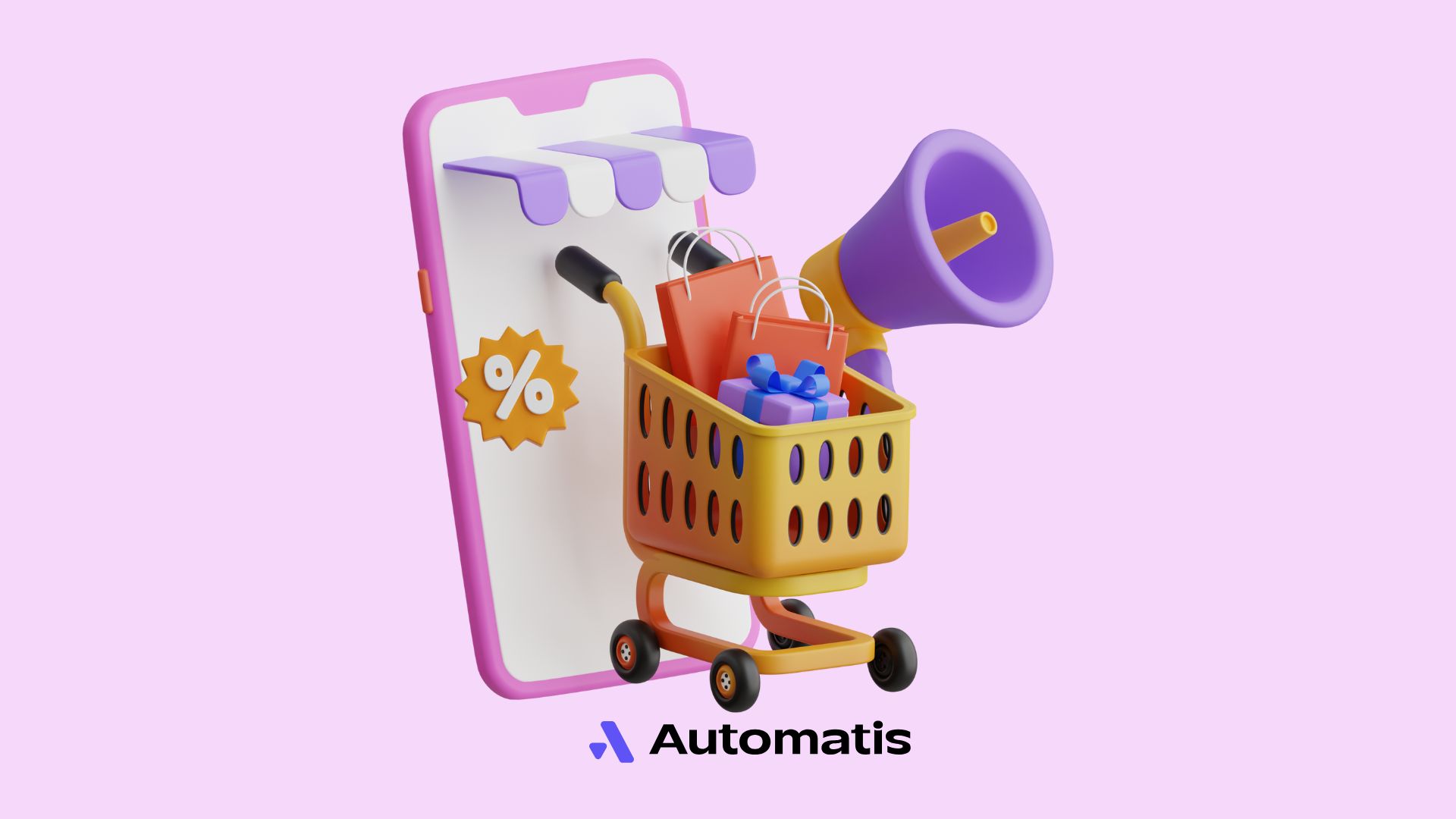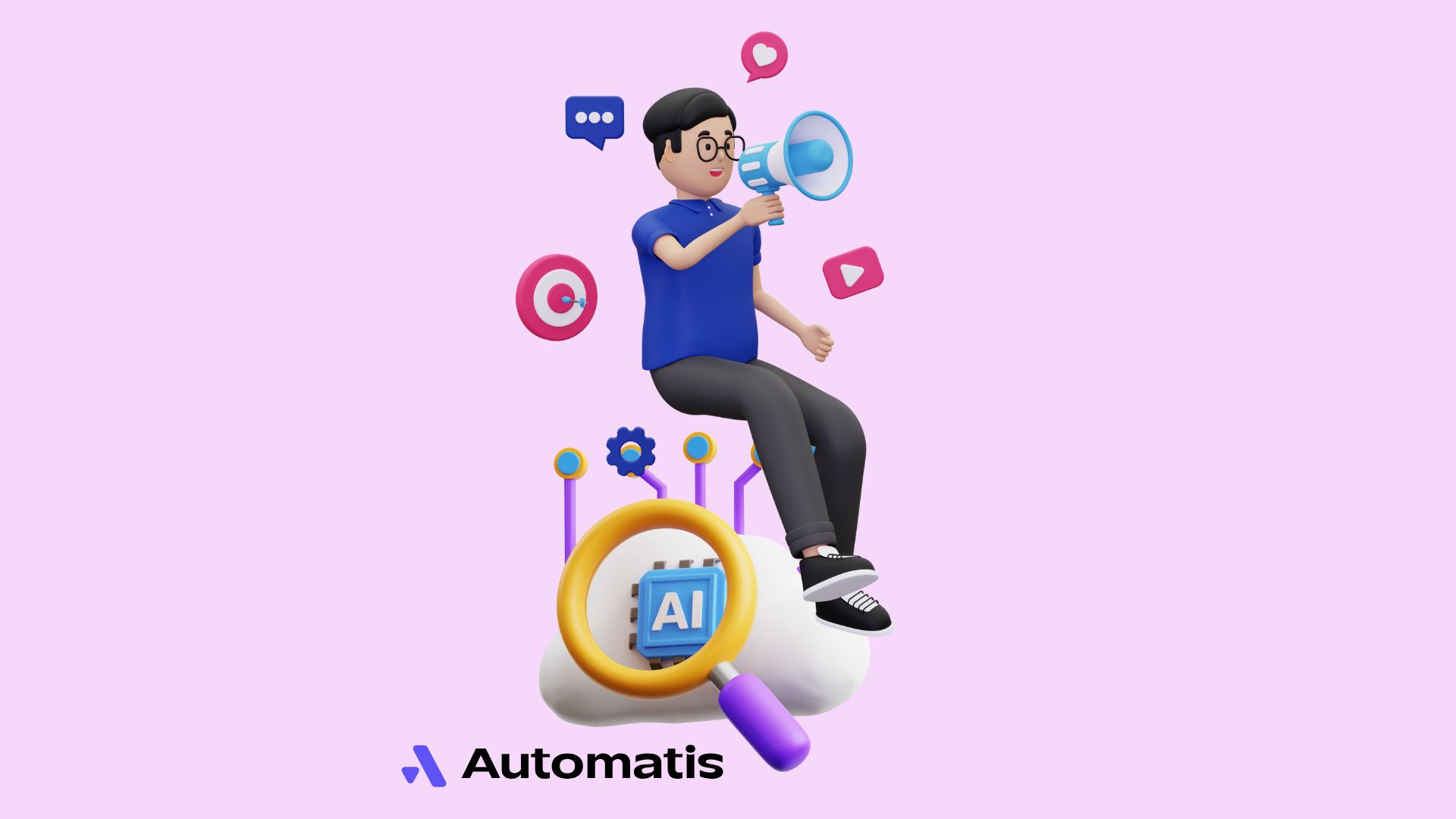Artificial intelligence (AI) is revolutionizing e-commerce by transforming how businesses interact with customers. With the rise of online shopping, consumers now expect personalized experiences tailored to their preferences. From AI-driven recommendations to automated customer support, integrating AI into e-commerce platforms enhances engagement, increases conversions, and builds customer loyalty.
This article explores how AI can be effectively integrated into e-commerce platforms to deliver highly personalized shopping experiences.
Understanding AI in E-commerce
What is AI in E-commerce?
AI in e-commerce refers to the use of intelligent algorithms to analyze customer behavior, automate processes, and enhance the overall shopping experience.
Key Technologies Driving AI in E-commerce
- Machine Learning (ML): Helps predict customer preferences and optimize recommendations.
- Natural Language Processing (NLP): Enables AI chatbots and voice search features.
- Computer Vision: Enhances visual search and product recognition.
By leveraging these technologies, e-commerce businesses can provide a more intuitive and seamless shopping experience.
The Importance of Personalized Shopping Experiences
Consumers today expect online stores to understand their needs. Personalization plays a crucial role in:
- Increasing customer satisfaction and engagement
- Boosting sales and reducing cart abandonment
- Strengthening brand loyalty and retention
AI-driven personalization ensures that customers receive relevant product recommendations, targeted promotions, and a seamless browsing experience.
AI-Powered Recommendation Engines
AI-powered recommendation systems analyze customer data to suggest products based on:
- Browsing history - Displaying items similar to what the customer has viewed.
- Purchase history - Recommending complementary or frequently bought-together products.
- Behavioral patterns - Understanding preferences through engagement metrics.
These AI-driven suggestions increase sales by making product discovery more intuitive and efficient.
AI-Driven Chatbots and Virtual Assistants
AI chatbots and virtual assistants improve customer service by:
- Answering common questions instantly
- Guiding shoppers to relevant products
- Providing 24/7 support without human intervention
By integrating chatbots, e-commerce businesses can enhance user experience and reduce support costs.
Smart Search and AI-Powered Visual Search
AI enhances search functionality through:
- Auto-complete and smart keyword suggestions
- Voice search capabilities for hands-free shopping
- Visual search that allows users to upload images to find similar products
These features help customers find products quickly and effortlessly.
AI in Dynamic Pricing and Personalized Discounts
AI-powered pricing models adjust prices based on:
- Market demand and competitor pricing
- Customer purchase behavior and shopping trends
- Real-time promotions tailored to individual users
This ensures competitive pricing while maximizing revenue.
AI for Customer Sentiment Analysis
AI analyzes customer reviews and feedback to:
- Identify common pain points
- Improve product quality and service
- Offer proactive solutions to enhance customer satisfaction
By understanding customer sentiment, businesses can refine their strategies to better meet expectations.
Automating Inventory Management with AI
AI-driven inventory management helps:
- Predict stock levels and prevent shortages
- Automate restocking and supply chain management
- Optimize warehouse efficiency
This results in fewer stockouts and overstock situations, improving operational efficiency.
AI-Generated Content for Marketing and Sales
AI enhances e-commerce marketing by:
- Crafting personalized email campaigns
- Generating SEO-optimized product descriptions
- Creating targeted advertisements based on customer preferences
By automating content creation, businesses can deliver relevant messages to the right audience.
Implementing AI into Your E-commerce Platform
To successfully integrate AI, follow these steps:
- Analyze your business needs - Identify key areas where AI can add value.
- Choose the right AI solutions - Select tools that align with your goals.
- Integrate AI with existing systems - Ensure smooth compatibility.
- Monitor performance and optimize continuously - Use AI-driven analytics to improve results.
Challenges and Solutions in AI Integration
- Data privacy concerns: Ensure compliance with regulations and secure customer information.
- AI bias in recommendations: Regularly update algorithms to provide fair and accurate results.
- Human-AI balance: Maintain human oversight to prevent over-reliance on automation.
Future Trends in AI and E-commerce Personalization
- AI-driven virtual shopping experiences with augmented reality
- Metaverse shopping integration for immersive retail experiences
- Predictive shopping models that anticipate customer needs
As AI continues to evolve, e-commerce businesses must stay ahead by adopting innovative AI-driven solutions.
Conclusion
AI has transformed e-commerce by enabling highly personalized shopping experiences. From recommendation engines to automated customer service, AI enhances every stage of the buyer-s journey. Businesses that integrate AI effectively can expect higher engagement, increased sales, and improved customer loyalty.









